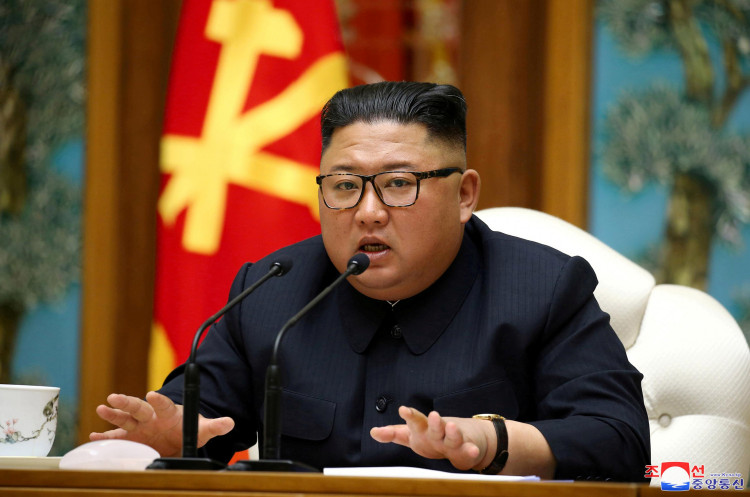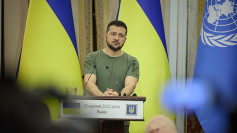North Korean leader Kim Jong Un appears poised to capitalize on the political chaos engulfing South Korea after President Yoon Suk Yeol's surprise declaration of martial law plunged the nation into turmoil. The unfolding crisis in Seoul has caught the attention of Pyongyang, with analysts suggesting that North Korea may use the instability to advance its strategic objectives and undermine South Korea's alliance with the United States.
President Yoon's unanticipated martial law announcement on Tuesday, framed as a response to threats from "North Korean communist forces" and "anti-state elements," faced immediate backlash from lawmakers and citizens. Parliament swiftly overturned the measure in a late-night session, and opposition parties have since filed impeachment motions. Protesters flooded the streets, accusing Yoon of abusing power, while his approval ratings hit an all-time low.
Observers believe Kim Jong Un is closely monitoring the situation. Edward Howell, a lecturer in politics at the University of Oxford, told CNN that "We should not be surprised if Pyongyang exploits the domestic crisis in South Korea to its advantage, either rhetorically or otherwise." David Welch, a political science professor at the University of Waterloo, described Kim as "rubbing his hands with glee" at South Korea's predicament, predicting rhetorical attacks highlighting North Korea's political system as superior.
The crisis also provides an opportunity for North Korea to test the strength of U.S.-South Korea relations. U.S. Deputy Secretary of State Kurt Campbell emphasized Tuesday that the American commitment to South Korean security remains "ironclad," adding that Washington is engaging its South Korean counterparts at all levels. Yet, the U.S. was reportedly caught off guard by Yoon's martial law declaration, raising questions about the Biden administration's preparedness for further escalation.
North Korea may use this moment to issue propaganda aimed at weakening trust in South Korea's democratic institutions while driving a wedge between Seoul and Washington. Former U.S. intelligence officer Sydney Seiler suggested that Pyongyang could stage provocations to intensify pressure on Yoon's administration. It's "a great time to take advantage of this weakness to deal another blow," Seiler told VOA.
However, opinions diverge on how far North Korea might go. Bruce Klingner, a senior research fellow at the Heritage Foundation, argued that there's no indication Pyongyang will escalate militarily, despite the turmoil. He warned, however, of the danger of misinterpretations between the two Koreas that could inadvertently lead to conflict.
The regional implications of South Korea's political upheaval are significant. North Korea, emboldened by its ties with Russia and China, has already increased its aggressive posture in recent months. Meanwhile, U.S. efforts to maintain a unified front among its allies face challenges as Beijing and Pyongyang continue to exploit divisions in the region.
South Korea's political crisis comes at a time of heightened tensions across East Asia, with China intensifying threats toward Taiwan and North Korea engaging in provocative military tests. Despite the unrest, analysts remain cautiously optimistic about the resilience of the U.S.-South Korea alliance. Ramon Pacheco Pardo of King's College London noted that the partnership enjoys bipartisan support in South Korea and remains strong despite Pyongyang's efforts to undermine it.






